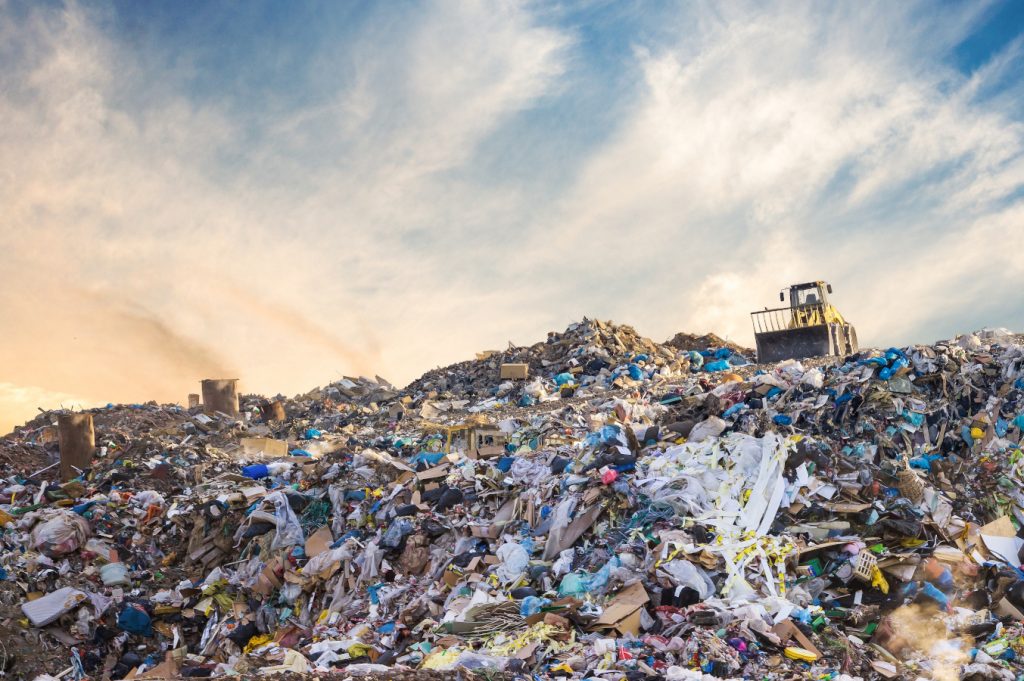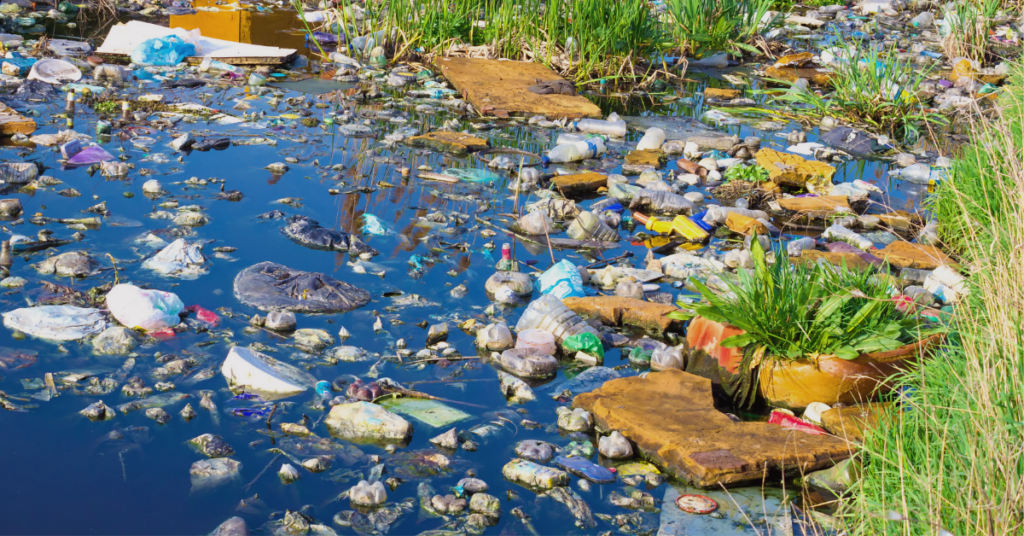New federal action needed to achieve Zero Plastic Waste goal
Toronto | Traditional territories of the Huron-Wendat, the Anishnaabeg, Haudenosaunee, Chippewas and the Mississaugas of the Credit First Nation – A report on plastic packaging released today by Environmental Defence shows that Canada will not achieve the goal of zero plastic waste by 2030, even with bans on six single-use plastics coming into effect this year.
The report, Recycling failure, includes a report card that also demonstrates Canada can’t rely on provincial waste policy to address the plastic pollution crisis. Only two provinces got a passing grade on plastics policy – British Columbia (C) and Prince Edward Island (D+). The other eight provinces and all of the territories received a failing grade (F).
“We’ve got to stop recycling the same failing ideas to deal with the plastic pollution crisis,” said Karen Wirsig, Plastics Program Manager at Environmental Defence. “All levels of government want to believe recycling is the solution. But most don’t even enforce targets to recycle plastic and, aside from beverage containers, the highest target on the books for plastic packaging by 2030 is only 60 per cent. That means even if all provinces adopted the highest targets – which is not actually planned – we’ll still be buried in plastic garbage by the end of the decade.”
Without a change in direction to prevent plastic packaging from becoming waste, the report estimates there will still be between one and two million tonnes thrown away across Canada in 2030.
“That’s far from zero and a real threat to the environment and our health,” added Wirsig. “We need to act quickly to reduce and reuse packaging and products if Canada hopes to achieve its goal of zero plastic waste.”
Environmental Defence is calling on the federal government to:
- Expand the single-use plastic bans to include additional unnecessary and polluting items, such as takeout beverage cups and lids.
- Set refill/reuse requirements for products and packaging and ensure local systems are in place to make local reuse/refill widely-available and affordable.
- Ensure accurate data is available on plastics produced, imported, exported, sold and discarded in Canada, across their full life cycles, so that Canadians can understand the extent of the plastic pollution problem and track the performance of policies aimed at addressing it.
ABOUT ENVIRONMENTAL DEFENCE (environmentaldefence.ca): Environmental Defence is a leading Canadian advocacy organization that works with government, industry and individuals to defend clean water, a safe climate and healthy communities.
-30 –
For more information or to request an interview, please contact:
Brittany Harris, Communications Manager, Environmental Defence, bharris@environmentaldefence.ca






